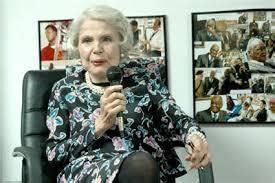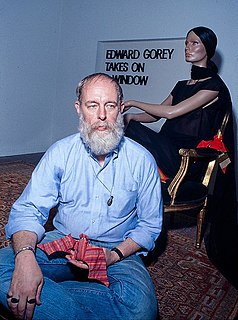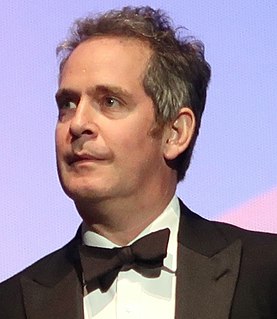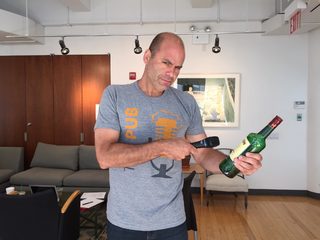A Quote by Joseph Gordon-Levitt
As soon as you are trying to be funny or dramatic, that's when things start feeling fake and boring.
Related Quotes
Funny stories on set - there are thousands of them, but they are only funny to the people who were on the movies. You start to have inside jokes and gallows humor. You have all kinds of things you laugh at, but as soon as you tell somebody, the joke falls flat because they don't know the context of it.
If you're doing nonsense it has to be rather awful, because there'd be no point. I'm trying to think if there's sunny nonsense. Sunny, funny nonsense for children — oh, how boring, boring, boring. As Schubert said, there is no happy music. And that's true, there really isn't. And there's probably no happy nonsense, either.
So much of what I am doing in my fiction is just trying to get into interesting places in terms of language or form, places that don't bore me. And this happens via hundreds of quick micro-decisions that are done "to taste," so to speak. So the experience is one of groping toward that interesting place - trying to leap away from anything that seems boring, or about which I don't have strong opinions. Essentially trying to avoid that moment where, devoid of any strong feeling, I start conceptualizing.
When you're caring with your head, there are the things that we talked about that seems boring in baseball. But when you care about your heart, exactly the boring things - a pitcher looking over to first, a batter stepping out and adjusting his gloves - those are just tiresome to the person who's interested. But to the person who's invested, it just makes everything all the more dramatic.




































